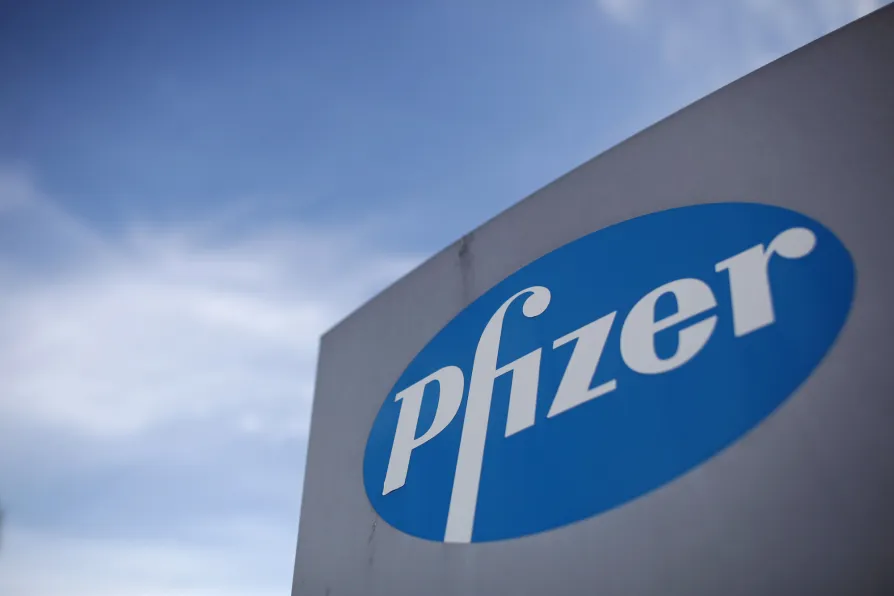Flynn and Pfizer fined £70m for overcharging NHS for epilepsy drugs


PHARMACEUTICAL companies Flynn and Pfizer have been fined nearly £70 million after they overcharged the NHS for a life-saving epilepsy drug, the Competition and Markets Authority (CMA) announced today.
The body said that the two drug companies had illegally “abused their dominant positions” in the market to charge unfairly high prices over four years.
Costs to the NHS for the phenytoin sodium drug increased from £2m in 2012 to £50m in 2013.
Similar stories

Politicians who continue to welcome contracts with US companies without considering the risks and consequences of total dependency in the years to come are undermining the raison d’etre of the NHS, argues Dr JOHN PUNTIS

More than seven in 10 health workers says patients struggling with their bills — a public health crisis ‘that is entirely preventable’

The government needs to raise its game when it comes to the tech giants who behave like the robber barons of old, argues NICK MATTHEWS











